State Legitimacy and Development in Africa

Summary
Differences in historical state legitimacy, argues Englebert (politics, Pomona College) can account for the wide regional variations in developmental fortunes and the economic stagnation of the continent as a whole. He shows how the arbitrary nature of postcolonial African states conditions the types of policies that elites adopt, and looks at the impact of imported government institutions on government performance. Structural adjustment and reforming the public sector will not avail, he says, only institutional and territorial restructuring. Annotation c. Book News, Inc., Portland, OR
Similar Books
-
 Modern Mongolia: From Khans to Commissars to Capitalists
Modern Mongolia: From Khans to Commissars to Capitalistsby Morris Rossabi
-
 Empire in Denial: The Politics of State-Building
Empire in Denial: The Politics of State-Buildingby David Chandler
-
 Third World: Whence and Whither? Protective State versus Aggressive Market
Third World: Whence and Whither? Protective State versus Aggressive Marketby Wim F. Wertheim
-
 Multilateral Institutions: A Critical Introduction
Multilateral Institutions: A Critical Introductionby Morten Bøås
-
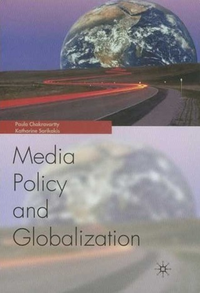 Media Policy and Globalization
Media Policy and Globalizationby Paula Chakravartty
-
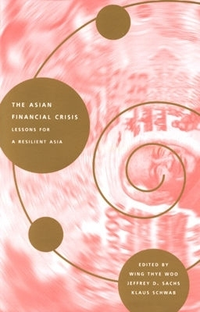 The Asian Financial Crisis: Lessons for a Resilient Asia
The Asian Financial Crisis: Lessons for a Resilient Asiaby Senior Fellow Wing Thye Woo
-

-
 Communications Media, Globalization, and Empire
Communications Media, Globalization, and Empireby Oliver Boyd-Barrett
-
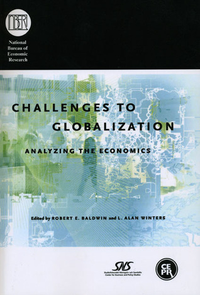 Challenges to Globalization: Analyzing the Economics
Challenges to Globalization: Analyzing the Economicsby Robert E. Baldwin
-
 The Political Economy of Latin America in the Postwar Period
The Political Economy of Latin America in the Postwar Periodby Laura Randall
-

-
 Media and Globalization: Why the State Matters
Media and Globalization: Why the State Mattersby Nancy Morris
-

-
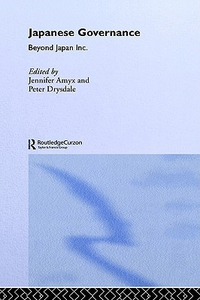 Japanese Governance: Beyond Japan Inc.
Japanese Governance: Beyond Japan Inc.by Jennifer Amyx
-

-
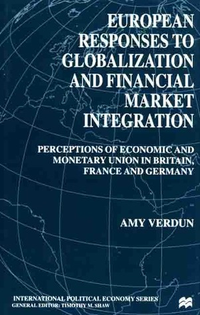
-
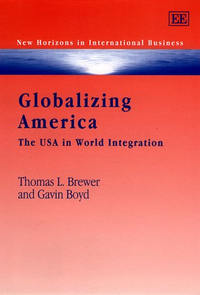 Globalizing America: The USA in World Integration
Globalizing America: The USA in World Integrationby Thomas L. Brewer
-
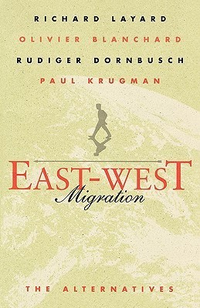 East-West Migration: The Alternatives
East-West Migration: The Alternativesby Richard Layard
-
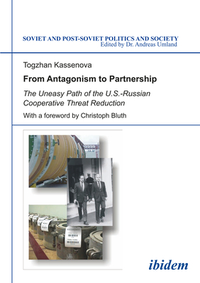
-
 Opec and the Third World: The Politics of Aid
Opec and the Third World: The Politics of Aidby Shireen Hunter
-
 Policy Reform, Economic Growth, and China's Agriculture
Policy Reform, Economic Growth, and China's Agricultureby Christopher Findlay
-

-
 Financial Liberalization: Beyond Orthodox Concerns
Financial Liberalization: Beyond Orthodox Concernsby Philip Arestis
-
 Internationalisation of Industrial R&D: Patterns and Trends
Internationalisation of Industrial R&D: Patterns and Trendsby OECD Organisation for Economic Co-operation and Development
-
